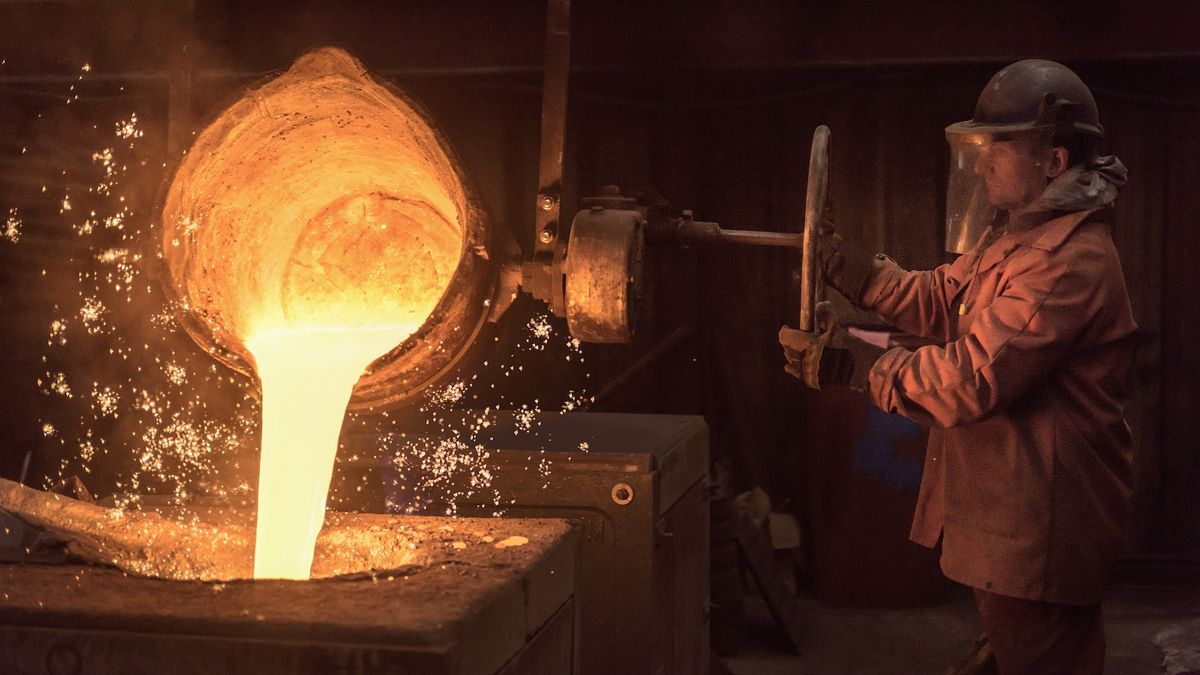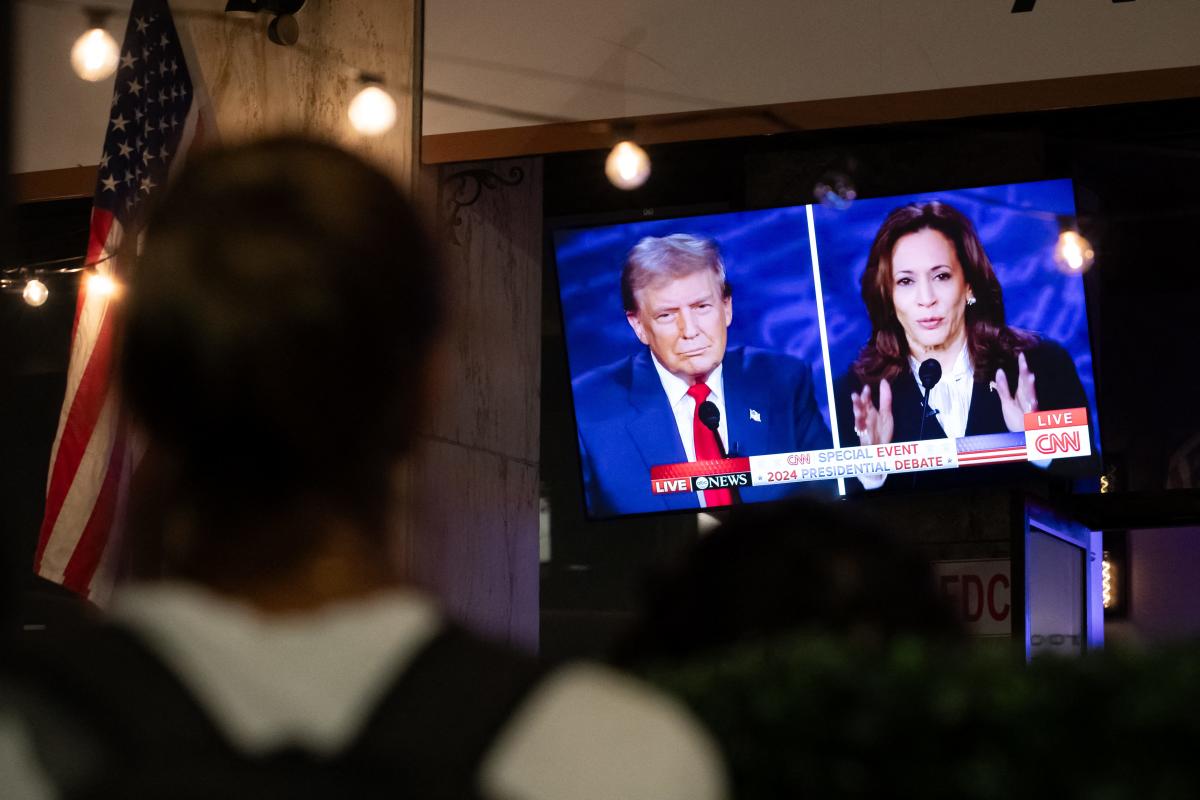Sri Lanka’s presidential election is being held today amid an unprecedented breakup of the country’s establishment parties and a deepening social and economic crisis.
The establishment parties, who are all committed to the austerity measures demanded by the International Monetary Fund, are confronting growing mass anger and frustration over worsening poverty and social conditions. These explosive political issues will only intensify whoever wins the election.
Such is the depth of political disaffection that media pundits are predicting that no candidate will obtain more than 50 percent of the first preference votes required to win the powerful executive presidency outright. The counting of second and third preferences has not occurred in any of the eight previous Sri Lankan presidential ballots.
A nervous editorial on September 15 in the Colombo-based Sunday Times stated: “No longer are Sri Lankan voting patterns calcified into political parties. No longer is the electorate rigidly partisan in their allegiance to the two main parties of the past, the UNP [United National Party] and the SLFP [Sri Lanka Freedom Party]. These are now out of contention. Even in the North, there is no monolith party, and the Left parties are all over the place. Votes are therefore going to get so scattered that a winner is difficult to predict. The only certainty seems to be that no candidate is likely to win outright in the first round of counting.”
The political uncertainty is because all the major parties of the establishment—Wickremesinghe’s UNP, the main opposition Samagi Jana Balawegaya (SJB), the Sri Lanka Podujana Peramuna (SLPP) and the Janatha Vimukthi Peramuna (JVP)—are deeply discredited due to their involvement in the decades of brutal assaults on the social and democratic rights of the masses.
The JVP, which is contesting the election through its electoral front, the National People’s Power (NPP), is trying to exploit the popular anger towards the traditional ruling class parties, claiming that its government would make a “change” by eliminating corruption. NPP candidate Anura Kumara Dissanayake, however, has reassured big business and key sections of the state apparatus that if elected he will implement the IMF’s demands.
Nothing has been resolved for the working class and the urban and rural poor since mass protests in April‒July 2022 over the shortages of petrol, cooking gas and extended electricity blackouts brought down President Gotabaya Rajapakse and his government. In fact, the social conditions confronting ordinary Sri Lankans have drastically worsened with millions more thrown into extreme poverty and social uncertainty.
The World Bank Update: Bridges to Recovery report issued on April 2 exposes the bogus “economic recovery” claims of Wickremesinghe and his administration. It reveals sharp increases in poverty over the past four years—from 11 percent in 2019 to almost 26 percent in 2024 or more than a quarter of the population.
The report also notes that the incomes of about 60 percent of Sri Lankan households have decreased, with many facing increased food insecurity, malnutrition and stunted growth. “Households have been impoverished by a fall in their purchasing power due to high inflation, losses in wages and employment, and a drop in remittances,” it states.
Wickremesinghe’s imposition of IMF austerity demands have seen hundreds of thousands of workers, mainly those in the public sector, take strike action and protests over the past 18 months. While this industrial action has been isolated and suppressed by the unions, particularly those affiliated to the JVP whose leaders have their eyes on the presidential election, these struggles will break out after the elections.
Campaigns conducted by the Socialist Equality Party (SEP) and the International Youth and Student for Social Equality (IYSSE) in cities and towns across the island have powerfully revealed the depth of distrust and anger towards the government and the existing capitalist order.
Nugeswaram, 45, a Tamil-speaking mechanic in Kayts, a small island in the war-ravaged north, said: “I think there should be a solution to our economic problems and national question. While election candidates are making promises about Tamil rights to secure their victory in the elections none of these Sinhala leaders can be trusted. The claims by Tamil politicians that we can ensure and uphold the rights of Tamils by appealing to America and India is absurd.”
A 60-year-old mother of three children, who is a security guard at a major company in Colombo, said: “We go and vote, but the politicians get richer. Those who have no money have nothing to eat. Look how high is the cost of basic items? How much is petrol? You can’t even afford to keep a motorbike on the road. And look at the price of a cooking gas cylinder.”
Acutely conscious of this deep-seated distrust, the bourgeois parliamentary parties have desperately attempted to create the illusion of support, spending millions of rupees bussing people from distant areas to their rallies and paying others to conduct house-to-house campaigns.
The Sunday Times reported last week that contract labor hire companies are offering campaign packages worth millions of rupees. For example, “the service to provide 3,000 persons for public rallies for three hours is Rs 1,500 (about $US5) a person (in some cases Rs.3,000 for a person) or Rs. 4.5 million for the whole package… In addition, there are also Rs.50 million packages on offer to carry out house-to-house campaigns.”
Determined to crush any repeat of the mass protests that occurred in 2022, President Wickremesinghe and his regime have imposed new draconian laws to crush all popular resistance and boosted the state apparatus.
For the ruling elite, austerity and democratic rights are incompatible. This was highlighted yesterday in an editorial in the Island speculating about two post-election “politico-economic scenarios.” These included, it declared, “the economy revives, but democracy comes under attack; the economy is mismanaged, but democracy is free from suppression.” In other words, the Sri Lankan capitalist economy cannot be defended without abolishing the country’s limited democratic rights, and moving towards dictatorial measures.
Whatever the outcome of today’s election, the working class needs to prepare politically and organisationally to fight the even more brutal onslaught on their basic and social and democratic rights and the imposition of dictatorial forms of rule.
This requires the development of an independent political movement of the working class which rallies the urban and rural masses in a struggle to overthrow bourgeois rule and establish a workers’ and peasants’ government based on a socialist and internationalist perspective. This is the program elaborated by the Socialist Equality Party and its presidential candidate Pani Wijesiriwardena. We urge Sri Lankan workers and youth to study this program, vote for Wijesiriwardena, and join and build the SEP.
The World Socialist Web Site is the voice of the working class and the leadership of the international socialist movement. We rely entirely on the support of our readers. Please donate today!












